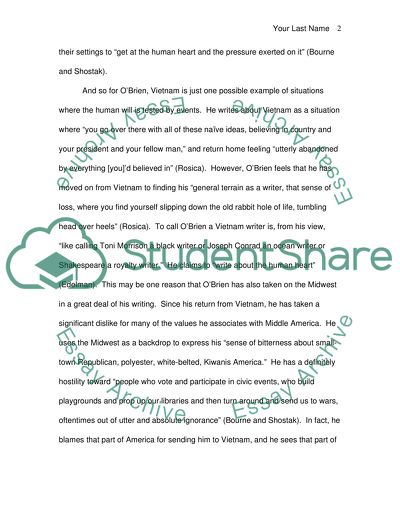Cite this document
(Tim O'Brien Book Northern ights Literature review Example | Topics and Well Written Essays - 1500 words, n.d.)
Tim O'Brien Book Northern ights Literature review Example | Topics and Well Written Essays - 1500 words. https://studentshare.org/literature/1540503-american-literature-tim-obrien-book-northern-lights
Tim O'Brien Book Northern ights Literature review Example | Topics and Well Written Essays - 1500 words. https://studentshare.org/literature/1540503-american-literature-tim-obrien-book-northern-lights
(Tim O'Brien Book Northern Ights Literature Review Example | Topics and Well Written Essays - 1500 Words)
Tim O'Brien Book Northern Ights Literature Review Example | Topics and Well Written Essays - 1500 Words. https://studentshare.org/literature/1540503-american-literature-tim-obrien-book-northern-lights.
Tim O'Brien Book Northern Ights Literature Review Example | Topics and Well Written Essays - 1500 Words. https://studentshare.org/literature/1540503-american-literature-tim-obrien-book-northern-lights.
“Tim O'Brien Book Northern Ights Literature Review Example | Topics and Well Written Essays - 1500 Words”. https://studentshare.org/literature/1540503-american-literature-tim-obrien-book-northern-lights.


